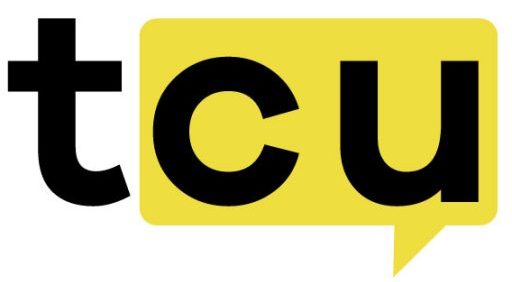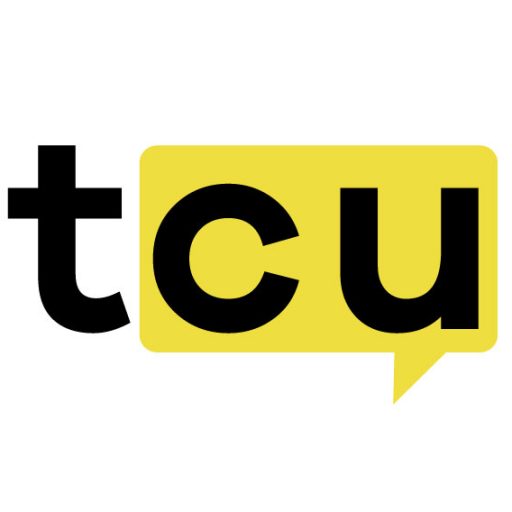If you’ve ever connected your crypto wallet to a dApp, you’ve probably approved a token transfer without giving it a second thought. I know I have. It’s just part of the process, right? But here’s the thing most of us don’t realize: that approval might not have an expiration date.
It just sits there. Quietly. And if that dApp, or its smart contract, ever gets compromised, well, it could be trouble. Apparently, over $475 million has been stolen since 2020 because of these lingering, often forgotten, approvals. That’s a staggering number. It feels less like a simple user error and more like a fundamental flaw in how we’re all doing things.
The Problem with Permanent Permissions
So why do these infinite approvals even exist? Mostly for convenience. A dApp asks for unlimited access so you don’t have to manually approve every single tiny transaction. It’s easier in the moment. But that convenience comes with a pretty serious, invisible cost.
The risk isn’t always immediate, either. You might approve something when your wallet is empty and forget about it. Then, months later, you deposit some funds, and a malicious actor—or a contract that’s since been hacked—drains it. The scary part is that most wallets don’t make it easy to even see what permissions you’ve granted over time. They’re just hidden away.
Building a Solution into the Wallet
Some folks rely on third-party websites to check and revoke these approvals. That’s… not ideal. It shouldn’t require a separate tool or a deep dive into complicated settings. It should be part of the basic wallet experience.
Trust Wallet, which has a pretty massive user base, is apparently working on baking this functionality directly into their product. The goal is a clear dashboard where you can see every active approval, get warnings about potential risks, and revoke access with a couple of clicks. That kind of transparency could change everything. It turns a complex chain-level concept into something a regular person can actually manage.
Fewer Approvals to Begin With
Managing existing risks is one thing, but preventing them is another. There’s a proposal called EIP-7702 that aims to reduce the need for so many standalone approvals. The idea is to bundle the permission and the action you actually want to take into a single, secure session.
You’d sign once, and the wallet would handle the rest. Fewer pop-ups, fewer permanent permissions left dangling on-chain. It’s a smarter way to handle the whole process that benefits both security and the overall user experience.
In the end, it’s about making safety a natural part of using a crypto wallet, not an extra chore. Simple reminders, clear visuals, and easy-to-use tools can make a huge difference. For the next wave of users coming into Web3, these kinds of built-in protections won’t be a nice-to-have—they’ll be essential.
![]()


